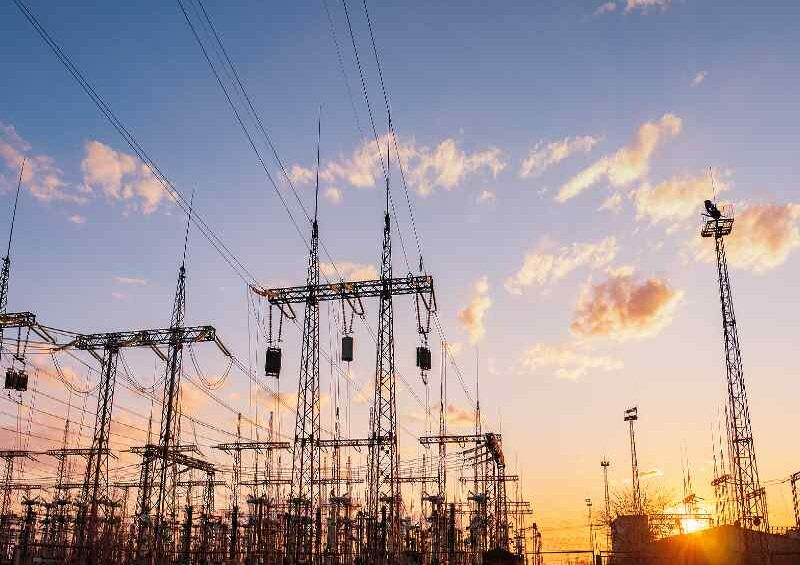You are here: Home | Humanitarian | News | World Bank, AfDB to connect 300 million people with electricity in Africa

Electricity grid connection. | File photo.
International finance institutions – the World Bank Group and African Development Bank Group – have announced an ambitious partnership to provide 300 million people in Africa with renewable electricity access by 2030.
World Bank said it will work to connect 250 million people to electricity through distributed renewable energy systems or the distribution grid while the African Development Bank will support an additional 50 million people.
In 2021, about 600 million people in Africa lacked access to electricity, with 590 million of them in sub‐Saharan Africa, according to the International Energy Agency.
Business Insider Africa also ranked South Sudan as the worst country in electricity access in the continent – where only 7 percent of the population has access to power.
According to US development agency USAID, the situation is due in part to its underdeveloped energy infrastructure, which has been severely impacted by decades of conflict.
Meanwhile, the multilateral development institutions underscored that access to electricity is a fundamental human right and is foundational to any successful development effort.
In a statement on Wednesday, the development financiers said the lack of electricity for 600 million Africans has created a significant barriers to health care, education, productivity, digital inclusivity, and ultimately job creation.
“Electricity access is the bedrock of all development. It is a critical ingredient for economic growth and essential for job creation at scale,” said Ajay Banga, World Bank Group President.
“Our aspiration will only be realized with partnership and ambition. We will need policy action from governments, financing from multilateral development banks, and private sector investment to see this through.”
The initiative, which they said shows their determination to tackle one of the most pressing challenges in Africa, could reduce to half the number of people living without electricity access, especially in the continent’s rural areas.
“The initiative is the most recent manifestation of the World Bank Group’s commitment to become more impact-oriented and is the byproduct of a concerted workplan to build a better bank.”
The World Bank Group said it needs $30 billion public sector investment to connect 250 million people, out of which the World Bank’s concessional arm for low-income countries, will be critical.
It added that connecting 250 million people to electricity would open private sector investment opportunities in distributed renewable energy alone worth $9 billion.
Many businesses and households in South Sudan depend on diesel-powered generators to operate, and the main electricity supplier – Juba Electricity Distribution Company (JEDCO) – hardly covers all residential areas of the capital.
The South Sudan government has recently maneuvered between options of importing hydroelectricity from the region and building damns in a bid to find solutions to its energy problems.
In September 2023, South Sudan activated an agreement with Russia for the construction of a hydropower plant in the country.
The cooperation agreement reportedly signed in 2018, was discussed in a meeting in Moscow, a day after President Kiir met his counterpart, Vladimir Putin.
It came on the heels of uncertainties over the position of downstream countries like Egypt and Sudan, who have conflicted with Ethiopia over a newly built mega-dam.
South Sudan also signed an agreement in 2022 with Ethiopia to import 100 megawatts of hydroelectricity power for three years. The deal is yet to be implemented.
Further, a top South Sudanese diplomat said in July 2023, that the country will channel hydroelectricity from a dam in Uganda to South Sudan – at least before the 2024 general elections.
The initiative was strongly denounced by some members of the public who said it’s not good for a country with resources and hydro-electricity potential to be dependent on its neighbor.
Uganda announced in February 2024, that it was planning to construct hydroelectric power transmission lines from Nwoya District to Juba following an “urgent” request from the South Sudan government.
Support Eye Radio, the first independent radio broadcaster of news, information & entertainment in South Sudan.
Make a monthly or a one off contribution.
Copyright 2024. All rights reserved. Eye Radio is a product of Eye Media Limited.